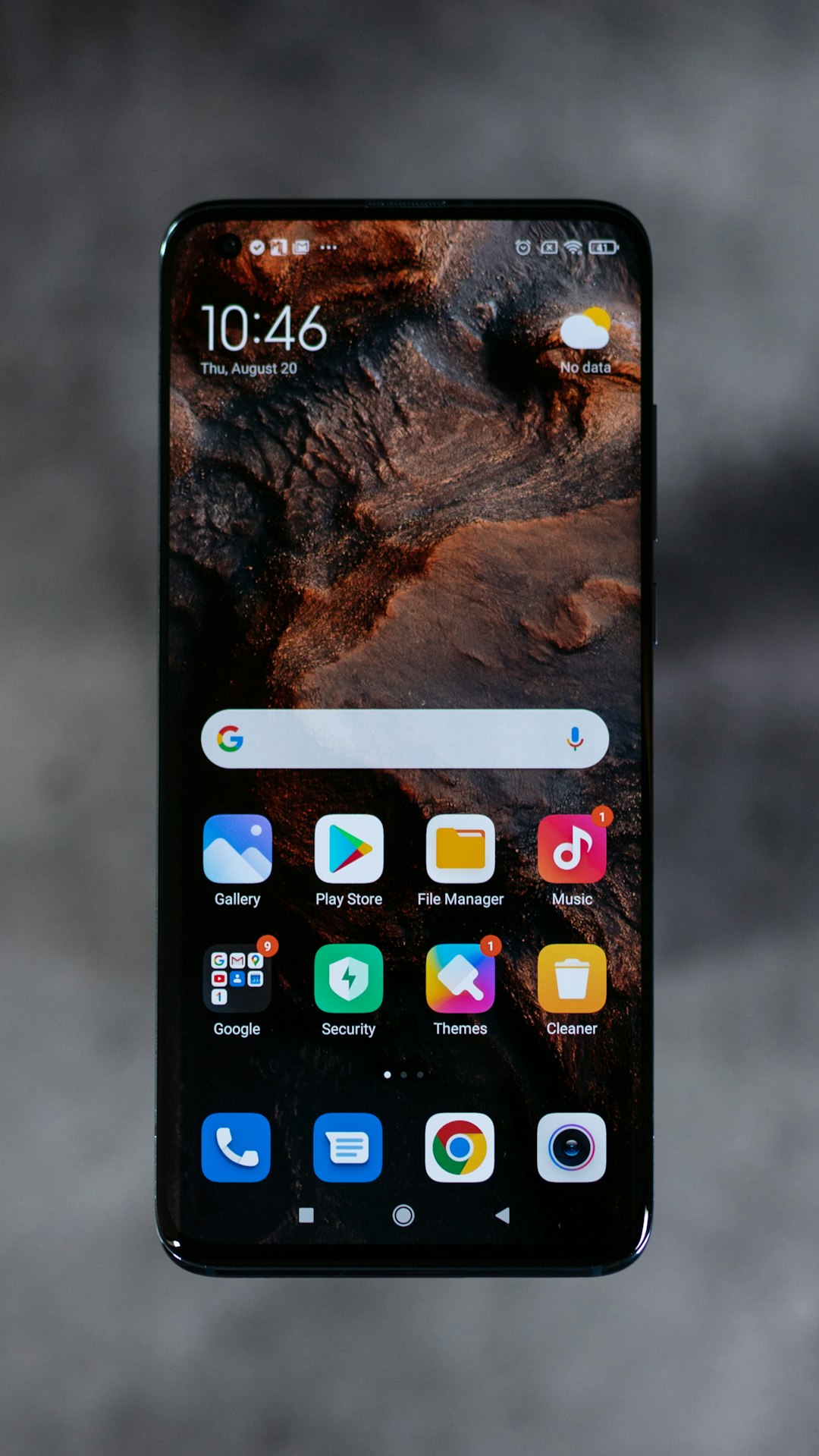Oregon's robocall regulations, strictly enforced by the Attorney General's Office, protect consumers from deceptive practices. Robocall lawyers in Oregon assist businesses in navigating these laws, ensuring compliance while utilizing automated calls effectively for marketing and legal updates. Businesses must prioritize legal compliance, including obtaining explicit consent, avoiding Do Not Call lists, providing clear opt-out options, and adhering to disclosure requirements. Consultation with experienced robocall lawyers is crucial to mitigate fines and prevent lawsuits.
In the digital age, businesses in Oregon are leveraging robocalls as a powerful marketing tool. However, navigating the legal landscape surrounding automated calls can be complex. This article explores the permitted uses of robocalls for Oregon businesses and provides essential best practices to ensure compliance with state laws. Understanding the legal framework is crucial, especially with the rise of robocall lawyers targeting non-compliant entities. By adhering to guidelines, Oregon firms can effectively utilize this technology while avoiding potential legal pitfalls.
Understanding Robocalls and Their Legal Framework in Oregon

Robocalls, automated phone calls that deliver pre-recorded messages, have become a common method of communication for businesses across various industries. In Oregon, as in many other states, robocalls are subject to specific legal frameworks designed to protect consumers from unsolicited and deceptive calls. These laws not only govern the use of robocall technology but also impact how businesses can engage with their customers through automated phone systems.
Oregon’s rules regarding robocalls are primarily enforced by the Oregon Attorney General’s Office, which has the authority to take action against companies that violate consumer protection laws. Robocall lawyers in Oregon play a crucial role in helping businesses navigate these legal requirements, ensuring they comply with state regulations without compromising their marketing strategies. These legal professionals provide guidance on permitted uses, required disclosures, and best practices to minimize the risk of legal repercussions for businesses utilizing robocalls as part of their marketing or customer communication efforts.
Permitted Uses of Automated Calls for Businesses

In Oregon, businesses can leverage automated calls, or robocalls, for various legal purposes. One common use is for marketing and advertising, where companies may employ robocall technologies to reach a large number of potential customers quickly and cost-effectively. This method is particularly useful for small businesses aiming to expand their client base.
Additionally, robocall lawyers Oregon play a significant role in legal communication. Law firms use automated calls to notify clients about important case updates, court dates, or changes in legislation that might impact their cases. Such timely notifications ensure clients stay informed without requiring constant manual follow-ups.
Best Practices for Oregon Firms to Avoid Legal Pitfalls

Oregon businesses looking to utilize robocalls as a marketing tool must adhere to strict guidelines and best practices to avoid legal pitfalls. First and foremost, firms should obtain explicit consent from recipients before making automated calls, ensuring compliance with the Telephone Consumer Protection Act (TCPA). This involves securing written or digital agreement, avoiding calls to numbers on Do Not Call lists, and providing an easy opt-out mechanism during each call.
Additionally, robocall content should be accurate, non-deceptive, and compliant with state and federal regulations. Firms must clearly disclose the purpose of the call, who is initiating it, and how the recipient can stop future calls. Oregon’s Attorney General’s office actively enforces robocall laws, so businesses should consult with experienced robocall lawyers in Oregon to tailor their practices accordingly and protect themselves from potential fines and lawsuits.






